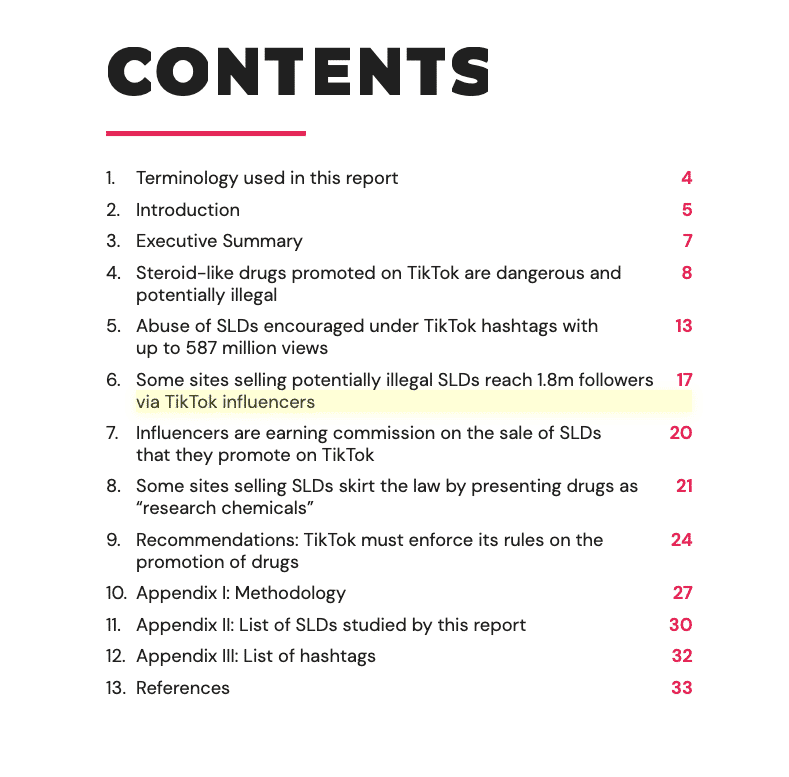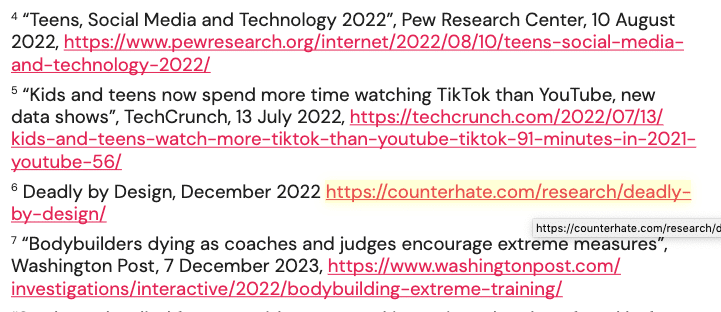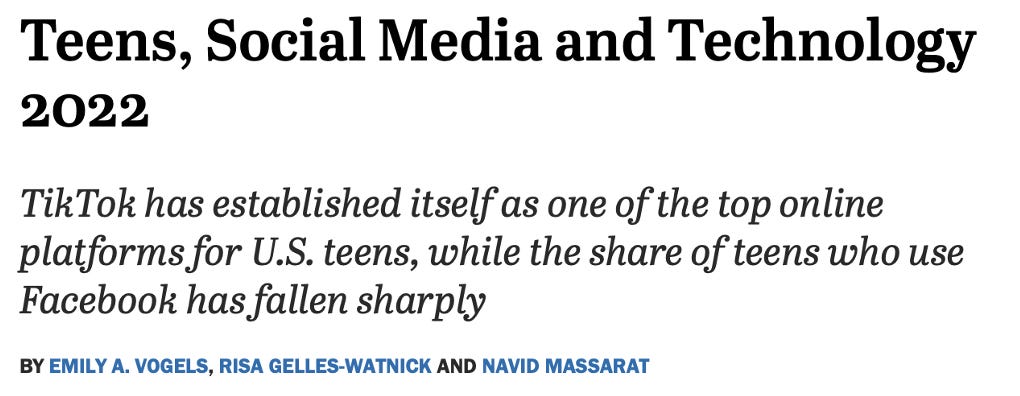Subscribe to Zero-Sum Pfear & Loathing



by Paul D. Thacker | Oct 8, 2023
I wrote an investigation last week for Tablet looking into Imran Ahmed, a political operative with ties to British intelligence who runs the Center for Countering Digital Hate, a dark money nonprofit that is now attacking the Biden administration’s political opponents. Through one of their board members, Simon Clark, Ahmed’s group has been linked to the Center for American Progress, a think tank and lobby group for corporate Democrats.
A few days before we released this investigation, Imran Ahmed’s Center for Countering Digital Hate (CCDH) released one of their flimsy reports that took off in the media, garnering press in almost a dozen outlets. In my investigation, I noted that Elon Musk is now suing CCDH, in part, for a report Ahmed released last July that made up allegations that hate has increased on Twitter, and I wrote that Facebook shot down a 2021 CCDH report by pointing out that CCDH was making up numbers about vaccine disinformation. So I just took a hard look at CCDH’s latest report and discovered something very odd: CCDH never names their researchers. I then dug through past reports and found the same: CCDH’s reports are written by ghosts, anonymous writers who the media then quote as expert “researchers” in news articles.
Let’s take a look.
First of all, none of CCDH’s “research” gets published in actual journals and they never acknowledge any experts for peer reviewing or advising them on their work. They just throw up these sparkly documents with graphics and confident findings on their own website.
Further, neither Imran Ahmed nor anyone I can find associated with CCDH has an academic or research background. Most CCDH employees are either political operatives who worked for the British Labour Party or they’re people with backgrounds doing advocacy work in nonprofits. CCDH’s “head of research” is a guy named Callum Hood. You can’t find a job history for Hood anywhere, and CCDH lists no employment Hood has ever had except working at CCDH.
It’s really that laughable.

I’m not saying this means you can’t believe anything CCDH writes, but political operatives and advocates aren’t the people you really want to rely on as trustworthy sources of credible, unbiased research conclusions. And journalists who regurgitate this nonsense should not be trusted.
CCDH’s latest report, like all of them, is heavy on graphics to provide a visual effect that you are reading a credible pieces of research that a government agency might publish. Here’s one of the first pages you encounter: a list of contents that tries to bedazzle you with an appendix that points to a “methodology” as well as a list of references to make it appear you’re getting a real piece of scientific scholarship.
Wow, it’s got both a methodology and references!
But guess what? They don’t list any actual scholars.

When you look past the sparkly graphics and apparently alarming conclusions, CCDH reports never report any authors other than Imran Ahmed. Not at the top, nor hidden somewhere in an acknowledgement section. Apparently ghosts wrote the report. The only person named in the document is Imran Ahmed who allegedly wrote the introduction.
“Many think tanks, like RAND or the Urban Institute, as well as other non-profits, almost always credit their authors,” said Joshua Guetzkow, a sociologist and assistant professor in the Faculty of Law at Hebrew Univeristy. Guetzkow has spent several years study the disinformation industry and noted that the Anti-Defamation League notes the names of researchers in an acknowledgement. “The CCDH does not even do that, so it is impossible to know who was involved in the writing and obviously significant amount of research involved in that report.”
But to add scholarship gloss, Ahmed’s introduction has footnotes. But let’s take a look at those footnotes.
The first footnote in Ahmed’s introduction is a report by Pew Research Center (4), an organization known for putting out serious studies. But the next three citations are an article at the website TechCrunch (5), one of CCDH’s own reports (6), and a Washington Post news story (7).
This is just not credible. Nothing about this is research or scholarly. The reference section of Ahmed’s “report” looks like high school students threw it together by Googling, during a late night pizza party.

You can see the difference between CCDH and a credible research organization like Pew Research, by looking at the Pew report that Ahmed cites in his own introduction. When you go to that https://www.pewresearch.org/internet/2022/08/10/teens-social-media-and-technology-2022/ you find that Pew lists the authors and provides a biography for each. The first author is Emily Vogels whose Pew biography lists her two research degrees and past reports.

But for Ahmed’s CCDH, the researchers remain hidden. Nonetheless, as soon as Imran Ahmed throws these “reports” on CCDH’s website, they get eaten up by journalists looking for an easy story to bang out with a flashy findings. Here’s a few of the dozen press hits from CCDH’s latest self-published findings:
“CCDH researchers looked into videos that promoted and posted content found videos relating to the sales of three classes of steroids and steroid-like drugs: anabolic-androgenic steroids, peptides and selective androgen receptor modulators (SARMs), reported the Guardian, without bothering to report who these “CCDH researchers” are.
“The report said the research group found 35 influencers who are all involved in schemes that sell illegal or highly regulated steroid-like drugs,” reported NBC News, without explaining who this “research group” is at CCDH.
“CCDH researchers looked at 30 hashtags related to steroid use and the names of SLDs, including “steroids, peptides, and SARMs” and included them in the analysis,” reported Rolling Stone, not bothering to tell readers who these “CCDH researchers” might be.
Guetzkow noted that few studies get any attention from the media and wondered how CCDH is able to get so much press coverage for self-published reports. A few years back, Guetzkow published an academic study that was completely ignored by reporters even though the first-time findings were stunning for legal scholars: plea bargaining encourages innocent defendants to plead guilty.
“I don’t fully understand why some studies gain wide media attention,” Guetzkow said, “But I am certain the process is not organic.”